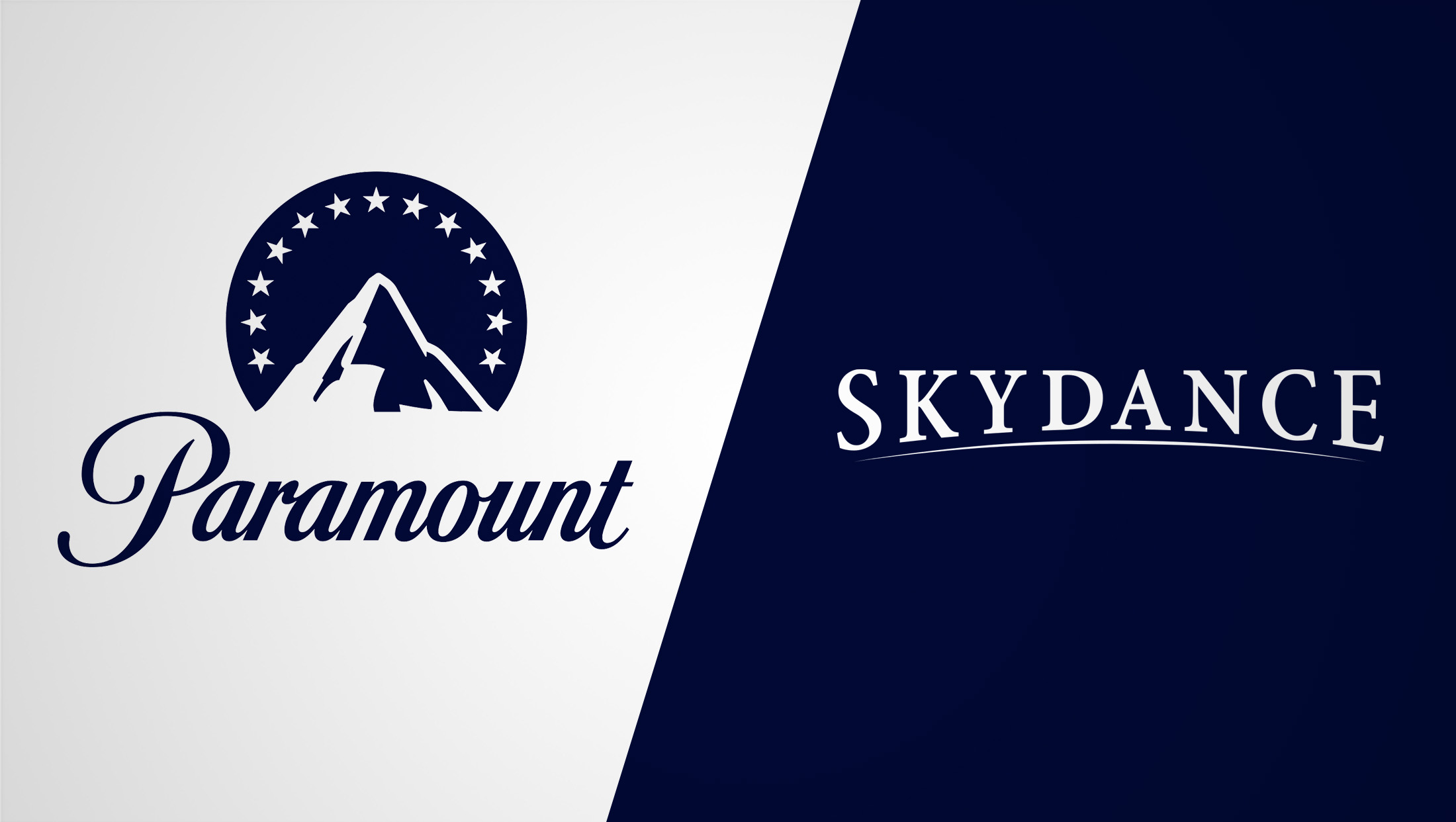Paramount and Skydance Seal $8 Billion Merger, Reshaping Hollywood's Future
Paramount and Skydance's $8 billion merger, approved by the FCC, reshapes Hollywood with tech-focused leadership, $2B cost cuts, AI strategy, and regulatory concessions sparking press freedom concerns.

In a landmark decision that signals a seismic shift for the entertainment industry, U.S. regulators have approved Skydance Media's $8 billion acquisition of Paramount Global. The deal, finalized by the Federal Communications Commission (FCC) in a contentious 2-1 partisan vote on July 25, 2025, places iconic brands like CBS, Paramount Pictures, and Nickelodeon under the control of the tech-savvy Skydance, fundamentally altering the media landscape. This merger isn't just a corporate transaction; it's a strategic bet on artificial intelligence, a concession to political pressures, and a gamble on the future of news and entertainment in an increasingly fragmented digital world.
The complex deal structure sees Skydance, founded by David Ellison and backed by significant private equity including his father Larry Ellison's wealth and Gerry Cardinale's RedBird Capital, taking ownership of Paramount Global's vast portfolio. Crucially, it includes the transfer of CBS television broadcast licenses, giving Skydance direct reach into American living rooms. To secure FCC approval amidst fierce debate over press freedom and political bias, Skydance agreed to significant conditions: appointing an independent ombudsman for at least two years to evaluate complaints of editorial bias at CBS News, eliminating all existing diversity, equity, and inclusion (DEI) initiatives across the combined company, and investing in local news partnerships. These concessions, particularly the $16 million payout to settle a lawsuit brought by former President Donald Trump against CBS News over a deceptively edited interview, underscored the intensely political nature of the regulatory process. Critics immediately warned these conditions risked compromising CBS News's editorial independence and investigative rigor, fearing influence from the new ownership. Source: FCC Approval Details, Source: Political Concessions, Source: Press Freedom Concerns
Leadership of the newly formed "Paramount Skydance Corporation" (trading as 'PSKY' on Nasdaq) falls squarely to David Ellison as Chairman and CEO, with former NBCUniversal chief Jeff Shell installed as President. Their ascent comes with a brutal cost-cutting agenda; Skydance and RedBird have identified a staggering $2 billion in potential annual savings, signaling deep layoffs beyond the thousands already shed by Paramount in recent months. Key Paramount executives, including Chris McCarthy (Showtime/MTV) and Brian Robbins (Paramount Pictures), are expected to exit, while CBS CEO George Cheeks is likely to remain, albeit with an uncertain long-term role. Ellison and Shell bring a pronounced tech-first philosophy, aiming to leverage Skydance's expertise in animation, gaming, and AI-driven content creation to revitalize Paramount's operations, particularly its streaming service, Paramount+. A $1.5 billion cash injection from Skydance's backers aims to stabilize Paramount's balance sheet and fund technological upgrades for the platform, which boasts 79 million subscribers but trails giants like Netflix. Cindy Holland, a Netflix veteran, has been brought in specifically to sharpen Paramount+'s identity and technology. Source: Leadership Structure, Source: Cost Cutting & Streaming Strategy, Source: Tech Focus
The merger represents a profound strategic pivot for Hollywood. Skydance envisions a "technology-driven entertainment studio," explicitly prioritizing AI and data analytics to optimize content creation, distribution, and advertising – a direct challenge to Netflix's model. This focus on technological efficiency, coupled with the mandated abandonment of DEI programs and the emphasis on "content neutrality" and "viewpoint diversity," marks a significant departure from recent industry trends. While potentially unlocking cost savings and regulatory peace, this shift carries substantial risks: alienating audiences demanding diverse representation, diluting brand identity, and potentially stifling creative risk-taking in favor of algorithmically safe bets. The commitment to an ombudsman for CBS, intended to ensure balanced coverage, has sparked fears among journalists and free press advocates that it could chill critical reporting or introduce corporate interference under the guise of combating bias. The long-term success of the new entity hinges on navigating this tension between regulatory compliance, cost discipline, and the enduring demand for compelling, high-quality content that resonates globally. Source: AI & Tech Strategy, Source: DEI Rollback & Creative Risks
Industry analysts see the Paramount-Skydance union as a potential catalyst for further media consolidation, favoring deep-pocketed entities capable of navigating complex regulatory and political landscapes. Ellison has signaled ambitions beyond Paramount, with speculation already swirling about potential moves for assets like CNN. The deal, set to formally close on August 7, 2025, immediately reshapes the competitive board. Paramount Pictures is expected to see increased investment in franchises like "Transformers" and "Mission: Impossible" (which Skydance already co-financed), while non-core assets like BET Networks may be divested. For CBS, crucial decisions loom, including the future of its lucrative NFL rights and flagship programs. The merger is more than a corporate realignment; it’s a high-stakes experiment in whether a tech-infused, regulation-conscious media giant can thrive creatively and financially in an era defined by streaming wars, political polarization, and rapid technological change. The eyes of Hollywood – and Wall Street – are fixed firmly on El Segundo and Santa Monica. Source: Franchise Focus & Asset Sales, Source: Industry Consolidation & Future Moves